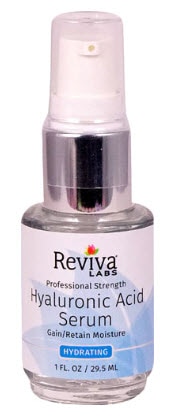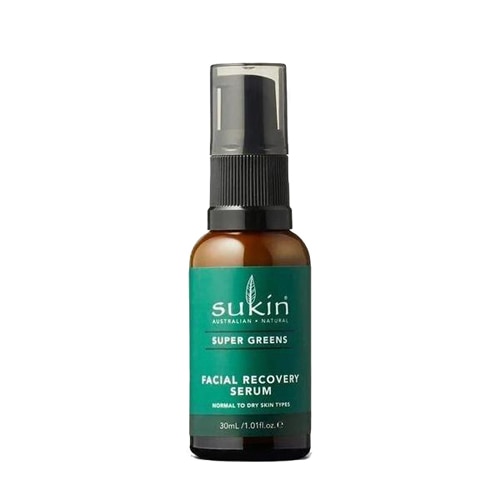If you are unsure of what a serum is or how to use it, it’s time to get educated.
Serums are your skin’s best friend, always bringing out the best in you and willing to be with you during the worst of times. They are skincare products designed to effectively deliver high concentrations of specific active ingredients, such as hyaluronic acid or vitamin C, to the skin.
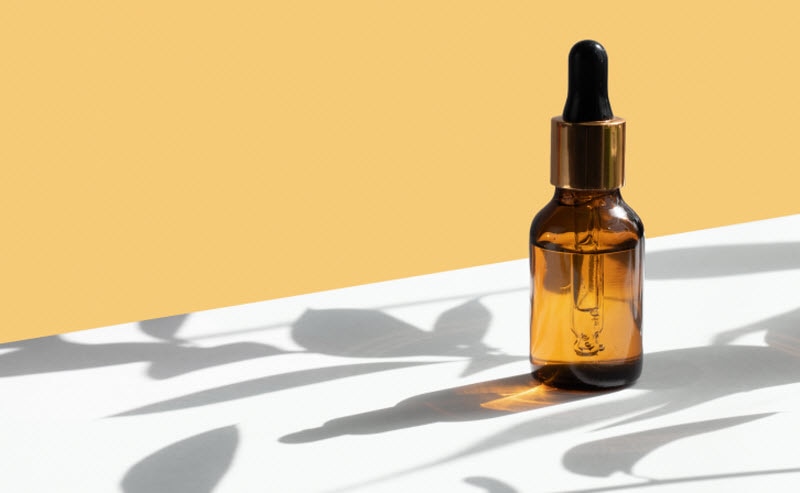
Different types of serums - and what they do
There are many different types of serums on the market that target different issues, ranging from hydration to skin brightening. Most often, serums are clear, gel-based or liquid, and they tend to be thinner than moisturizers. They are meant to be applied after cleaning and toning but before moisturizers, to help lock in moisture.
Even though serums are more lightweight, they can hydrate as effectively as even the heaviest creams, which tend to sit on the top layers of skin but don’t necessarily get absorbed. The active ingredients in serums are designed to penetrate the skin and hydrate on the deepest level. Serums do not replace your
moisturizer, however, but they do add an extra layer of replenishment and can boost the hydrating effects of your moisturizer.
As a powerful skin ally, serums are an irreplaceable part of your skincare regimen. No matter what kind of skin you have, it’s a good idea to use a general antioxidant serum in the morning to protect from daily exposures that can take their toll on your complexion.
Here are some helpful pointers for getting started.
Serum Skincare Tips to Consider
Multiple concerns call for multiple formulas
Unlike mixing metaphors, mixing serums is allowable and even advisable. For example, you might want to use one serum for acne on your T-zone and another more hydrating serum on your cheeks.
Stage your serum and your moisturizer
Serums and moisturizers are not the equivalent of an Instapot, where everything gets blended together from the get-go. For maximum effectiveness, apply your serum first, let it absorb, and then add your moisturizer. Don’t try to cut corners by mixing your serum and moisturizer together.
Be tactical about daytime and nighttime serums
Some serums do their best work at night, while others shine in the day. While it varies with ingredients, as a rule of thumb us serums with antioxidants in the morning because they give you additional protection from the environment. Other ingredients are best when slathered on at night, such as retinols, which are not sun-stable and will degrade if applied in daytime. Read the label instructions carefully.
Don’t expect instant results
With skincare, there’s no such thing as an instant fix. Skin needs time to reap the benefits, with tangible results occurring only through consistent use. Try a product over at least six weeks, once or twice daily, to gauge the benefits.
How to choose the right serum skincare product
While there are almost limitless options for ingredients, here are some of Vitacost’s hardworking favorites. To handle specific issues, look for these ingredients and products:
Oily skin
A light, water-based version is best for oily or
acne-prone skin, as too many rich plant oils can leave you feeling greasy and lead to clogging. For acne prone skin, look for serums with willow bark. White willow contains salicin, which is antibacterial and anti-inflammatory, making it highly effective in alleviating acne, shrinking pores and soothing irritation.
Try: Mychelle Dermaceuticals Clear Skin Serum, with willow bark as a primary ingredient with a bevy of tannins, flavonoids, phenolic acids, and minerals that play a supporting role to promote healthy, youthful skin.
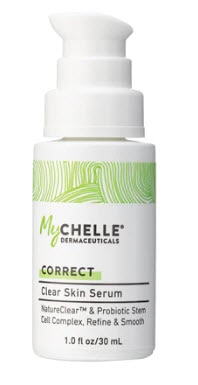
Dull skin
Look for a serum featuring vitamin C to help brighten dull skin and decrease dark spots with continued use.
Try: Derma E Vitamin C Concentrated Serum incorporates a generous amount of Vitamin C to help even out skin tone. One
review study found Vitamin C can impede melanin production, which can help fade dark spots and general dullness.
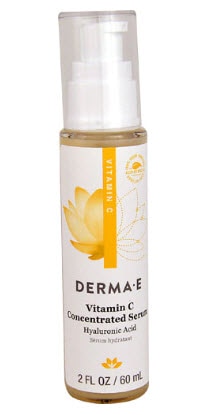
Aging skin
Just like antioxidants are the key to a healthy diet, they are also important to a healthy skin tone. Antioxidants protect the skin's surface from oxidative damage caused by free radicals and environmental triggers such as UV and pollution.
Try: Sukin Super Greens Facial Recovery Serum, with antioxidant-rich extracts of kale, spirulina, parsley and acai and goji berry extracts delivers a cornucopia of nourishment to your face that also helps neutralize damaging free radicals.
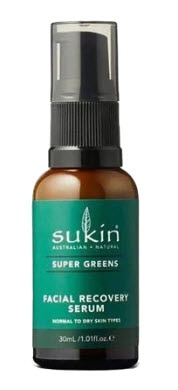
Dry skin
Hyaluronic acid seals in hydration and strengthens the barrier function (the top layer of your skin) to prevent moisture loss. Hyaluronic acid, a sugar molecule that occurs naturally in the skin, helps to bind water to collagen. The hydration layer gets trapped in the skin, so that skin can appear fresher, dewier, and fuller.
Try: Reviva Labs Hyaluronic Acid Serum offers a professional strength dose of hyaluronic acid to smooth fine lines and plump the skin.
